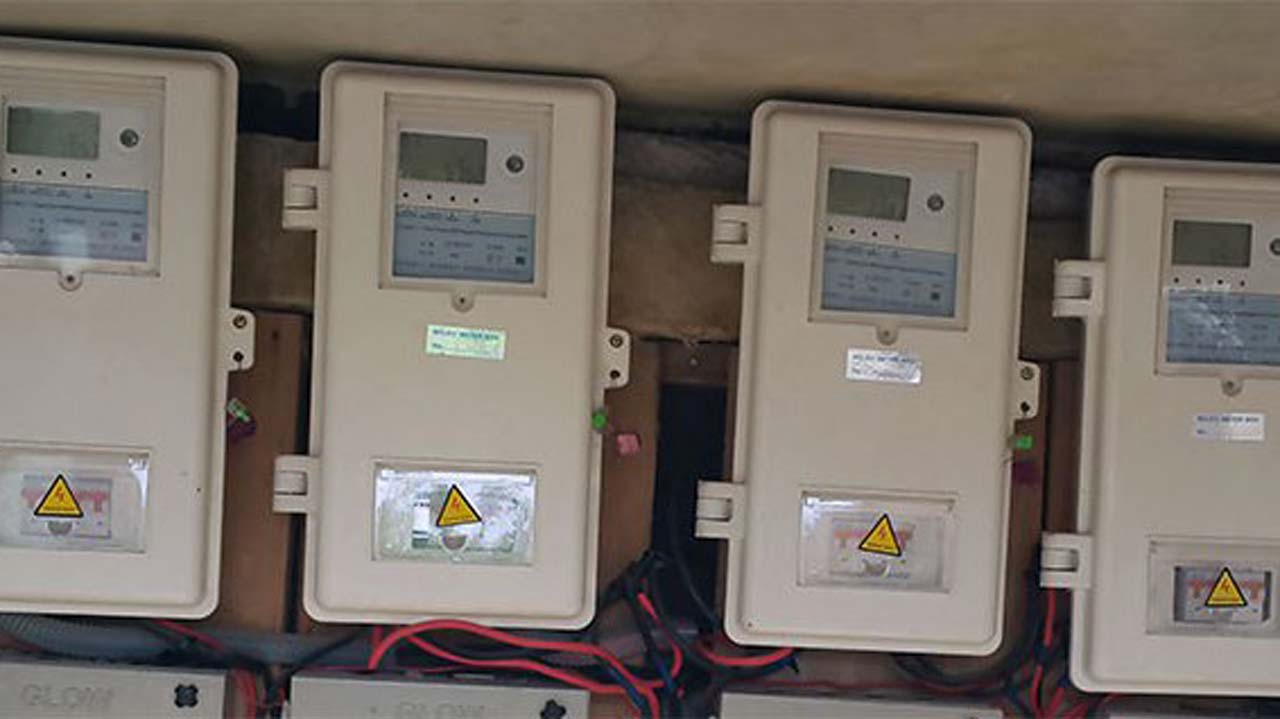
The Minster of Power, Works and Housing, Mr Babatunde Fashola, on Monday in Kano said metering of electricity consumers in the country was not the exclusive preserve of the 11 Electricity Distribution Companies (DisCos) in the country.
Fashola said this at the 18th meeting of stakeholders in the nation’s power sector. He said that it was true that the DisCos had the obligation to meter electricity customers.
He, however, said that the Electricity Power Sector Reform Act 2005 (EPSRA ), also provided for the supply of meters by other parties. He stressed the need to enforce the section of the act to democratise meter provision and increase metering of consumers in the country.
“In addition, government has decided to optimise the electricity sector reform act, to democratise meter provision. “While it is true that the DisCos have the obligation to provide meter for customers, the law did not rest a monopoly of meter supply to the Discos.
“Anybody who qualifies under the safety regulations of Nigerian Electricity Management Service Agency (NEMSA) and under the licences issued by Nigerian Electricity Regulatory Commission(NERC) can supply meter to customers.
“In order words, meter supply is an open and regulated business,“ Fashola said.
He said the intending suppliers must have to first comply with the required procedures before being considered. He said that the successful implementation of the programme would reduce some of the challenges inherent in the sector.
According to him, the envisaged success will help to resolve the conflict between DisCos and customers on metering. He said the measures would also help to improve tariff collection by the DisCos and ultimately reduce losses in the sector.
He said that the measures would ultimately bring about improved liquidity and relief to the finaces of the DisCos, given their challenge in funding the metering exercise.
The minster also said that the Federal Government was not against DisCos entering into any sort of agreement with the customers paying for the meter .
“Recall that in the past, government had attempted to intervene in the meter supply through CAMPI which ultimately I decided we should wind down, because of the distrust and dissatisfaction it was creating between consumers and the Discos.
“Government was caught in the middle, with numerous petitions by customers who paid for meters that were not delivered within the agreed time.
“But some DisCos have come back to say that their customers still want to pay for meters, and that they can reach at an agreement with them on how to pay for it, government will not stand in the way of such an agreement.“
He said that the plan was consistent with privatisation of the sector and supported by the electricity power sector reform act.
“He, however, said that the obligation to meter customers remained that of the DisCos. “What I reiterate is that Discos have the obligation to meter customers, because they must collect money for electricity.
“The obligation will remain that of the Discos; if the customers reach an agreement with the Discos, where the customers assume the responsibility of the DisCos on his own free will and NERC sanctions the agreement, then so be it.“
He said that government would monitor the process through NERC to ensure that the DisCos did not use it as an excuse to abrogate their responsibility of providing meters.
Fashola said that additional success was being recorded in the generation, transmission efforts of the sector operators and government. He said the progress was possible because of the improved supply of gas to the power stations and reduction in vandalism of gas pipelines.
He said that generation had reached 6,863 megawatts, while transmission recorded 6,700 megawatts capacity on August 10. He, however, said that the power generated could not be transmitted because of the poor distribution networks of the DisCos.



